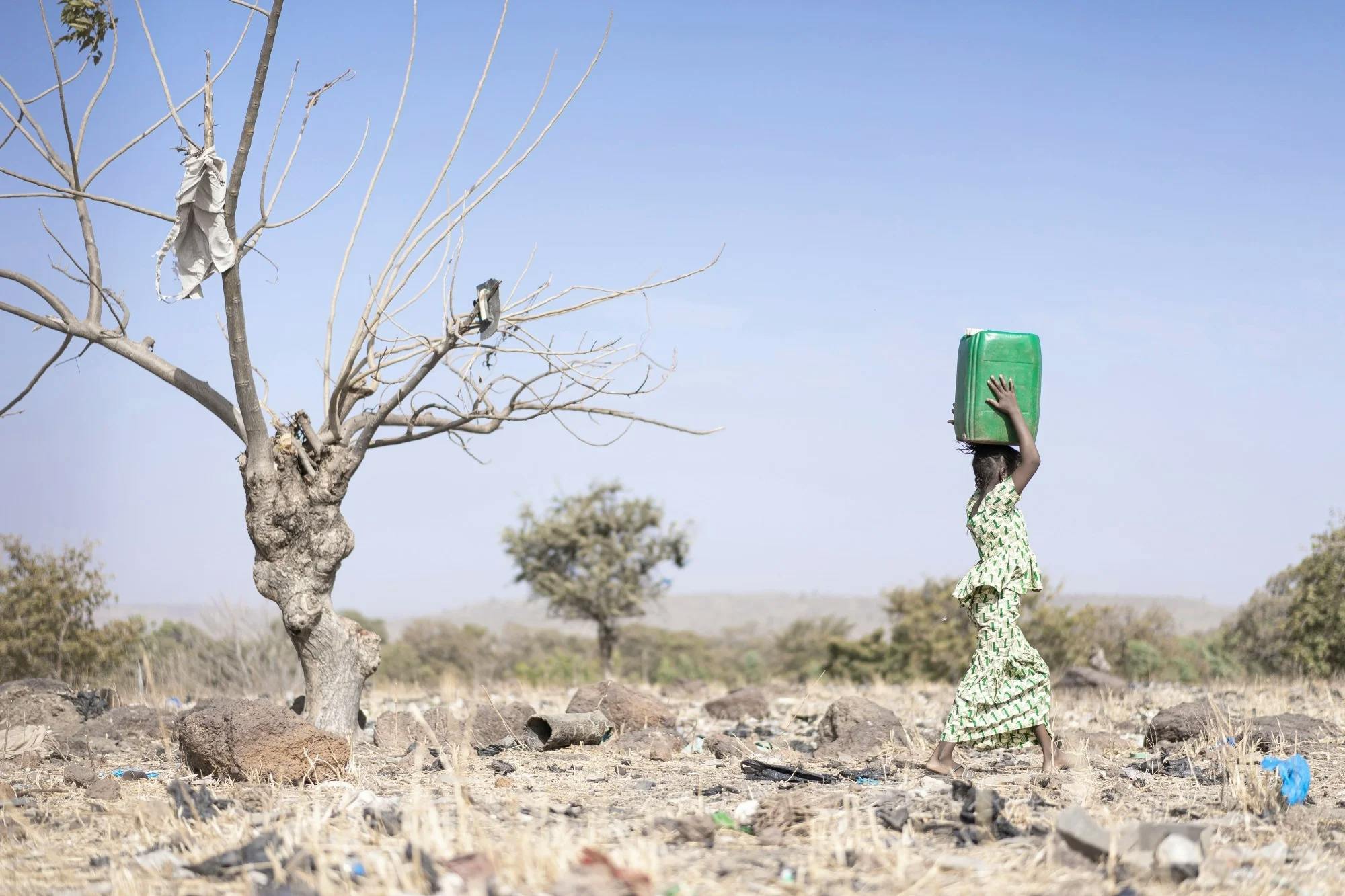As the world gathers for the United Nations General Assembly and Climate Week, leaders are shining a spotlight on the critical intersection between health and climate, setting the stage for COP-28's first-ever Health Day. In the recent G20 Delhi Declaration, health ministers emphasised climate change's impact on health emergencies and committed to creating low-carbon, climate-resilient health systems, with a focus on resource mobilization. The impact on climate change on the health of women specifically, and the knock on effects for economies and society, is prominent in these discussions. Many healthcare companies, conscious of their positions of responsibility, are investing in economic and social governance (ESG) initiatives to show their commitment to global sustainability and equity agendas. However, specific initiatives to explore and address the impact of climate change on women’s health in particular are lacking, and this is a missed opportunity for companies working in this field.
Shifting the strategy from reactive to proactive measures
Many healthcare companies working in women’s health have access programmes and partnerships aimed at supporting underserved women in hard-to-reach communities. Some also have mounted targeted responses to women hit by climate events. For instance, Pfizer has an initiative to provide disaster and humanitarian relief to those affected by extreme weather events like hurricanes. However, there are currently few initiatives explicitly targeted at supporting women impacted by climate change, to mitigate the impact of natural disasters or to minimize the impact of future emergencies on women and their health. There are three key areas of opportunity that I would highlight for healthcare companies to take more proactive approaches to supporting women impacted by climate change.
Applying the experience of healthcare companies in last mile access in women’s health to the challenges of climate change
Transition to carbon neutral strategies and stepping up sustainability programmes
Forging partnerships at a national level to ensure long-term healthcare resilience for women in the context of climate change.
Applying the experience of healthcare companies in last mile access in women’s health to the challenges of climate change
Global initiatives to enhance women's health have predominantly been cantered around advancing sexual and reproductive well-being. New contraceptives designed for low-income countries have been prioritized by the likes of Bayer and Pfizer, while heat-stable carbetocin for post-partum hemorrhage (the leading cause of maternal deaths) has been developed by Ferring Pharma. Start-ups like Celmatix have focused on empowering women through personalized fertility treatments. Viramal is developing treatments for women's health issues ranging from endometriosis to chronic pelvic pain. Many of these companies have access programmes in low and middle income countries (LMICs) and global partnerships to bring attention to the need for greater investment. A World Economic Forum article outlines how healthcare companies can promote gender equity in leadership, research, clinical trials, and healthcare delivery to address gender-specific health disparities. As a next step, this expertise and focus could be applied to the specific issues of women’s health and climate change- in geographies, diseases or areas of treatment need that are made worse by our increasingly volatile climate. The first step in this direction is to understand the specific needs of women that live under the threat of adverse climate events and address the unique needs of women who are affected by climate change.
Transition to carbon neutral strategies and stepping up sustainability programmes
By aligning carbon-neutral initiatives with women's health, healthcare companies can contribute to a healthier and more sustainable future. For instance, reduction of carbon emissions in supply chains can contribute to improvement in air quality, leading to better respiratory health for women who are often more vulnerable to air pollution-related illnesses. Companies like GlaxoSmithKline (GSK), and Novartis have committed to reducing their greenhouse gas emissions and have implemented energy-efficient technologies in their operations. Adopting sustainable sourcing practices can safeguard ecosystems crucial for clean water and food production, which are essential for women's overall well-being. In recognition of this, Astra Zeneca has invested $150m by the Natural Resource Efficiency Fund in environmental efficiency innovations since 2015.
Forging partnerships at a national level to ensure long-term healthcare resilience for women in the context of climate change.
There are several global partnership initiatives in women’s health that provide opportunities for healthcare companies to demonstrate leadership and commitment – such as the WEF Women’s Health Initiative. But real change for real women requires effective local collaborations, to build resilient health systems and proactive strategies to mitigate the impact of our climate change on women’s health. Collaborating closely with government health agencies will enable the development of climate-resilient healthcare policies tailored to women's unique needs. Partnering with local women's organizations for community-based outreach can empower women and enable community education and communication. Companies can also take the lead in advocating for gender-sensitive climate policies and supporting women's leadership in public health to help build resilient, inclusive societies in the face of climate change.
The convergence of climate action and women's health creates a burning platform for global health advocacy and an opportunity for healthcare companies working in this space to demonstrate real ESG impact through their local programmes. Therefore, a shift from reactive to proactive strategies and partnerships to specifically target interventions on women on the front line of climate change holds immense potential for transformative impact.
